Discovering Dylan Wiliam
An activist in education, makes us stop and think
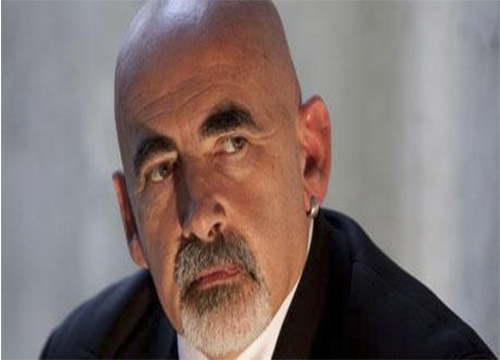
Next September, Dylan Wiliam will be in Barcelona teaching a course on Assessment within the St. Paul's 50Th anniversary celebrations, Richard Russell, Head of Research and Innovation in this school introduce us to Mr. Wiliam and the reasons why his assessment's theories are so rellevants for useful diagnostic information on students.
Inèdit: Why Dylan Wiliam?
R.Russell: Dylan makes us stop and think…..
Although the wider public might presume that all education policy and practice is informed by rigorous evidence and testing, the truth is that it is often just based on guesses, suppositions and ideology.
At the centre of Dylan Wiliam´s work is a quest to do things differently and to instead make teachers ask themselves fundamental questions about what we are trying to achieve, why we do certain things and what the evidence for them is.
Dylan Wiliam´s training is not about giving teachers a few ideas they can try in their classrooms but is instead about making teachers and leaders think more deeply about their practice, their systems and their curriculum.
What makes Dylan so significant and such an activist in education?
R.Russell: Since the release of his seminal work, Inside the Black Box in 1998, Dylan Wiliam has been one of the world´s foremost educational authorities and has been a key driving force behind the use of formative assessment in the classroom. His books, research and training have influenced teachers and policy makers across the world and have had a huge impact on pedagogy and pupil outcomes.
In his newly released book Dylan Wiliam uses data and research to show that so much of what we are currently doing in education is ineffective and crucially suggests what things we should be doing instead.
What would you say characterizes the current evaluation system used here: it’s characteristics, strong and weak points……..
R.Russell: Unlike the assessment system in other countries, the assessment system used here makes children directly accountable for their own results. The effect of this is that children are forced to take more ownership over their own learning and to be accountable for it. In many other countries, the assessment systems make teachers work harder than the children; this is the wrong way round. We need to have a system that makes children think deeply about their own learning and that focuses on what we know works. As Dylan Wiliam says, everything works somewhere but the key is finding out which things work in your context and which things are most effective. With assessment this is often not the case as we are often resistant to change things we have been doing for many years.
One example of this is marking. Based on the work of Dylan Wiliam and other researchers into assessment, at St. Paul’s we have totally changed how we mark work in maths. We have found that children take more notice of feedback when we give it to them directly. For this reason in children mark their own work on a Friday with teachers constantly monitoring them and providing feedback when needed. The effect of this is that the children get more purposeful and individualised feedback on their own strengths and weaknesses.
Making such a change wasn´t easy as it bucked traditional educational thinking and accepted wisdom and stereotypes about the role of the teacher.
How could this system be improved?
R.Russell: While the system employed here does foster independence, an area we need to work on is our use of summative (tests which evaluate student achievement) and formative assessments (tests that inform teachers and pupils about learners strengths and weaknesses). The problem we have is that teachers do not have sufficient understanding of what constituents and differentiates these two different types of assessment. The result of this is that the data stemming from many summative assessments lacks statistical validity and therefore cannot reliably be used to judge children´s progress and achievement. This is something that we think the second day of Dylan´s workshop – when he talks about assessment design and literacy - will help us with.
How can this workshop and Dylan Wiliam’s philosophy make an impact on a teacher’s work?
R.Russell: While it may sound like hyperbole to say this, these workshops have the capacity to fundamentally shift the perspectives and understanding of those that attend. Attendees should be prepared to have their assumptions questioned, their ideas challenged and their knowledge of educational theory revolutionized.
Dylan Wiliam´s work continues to influence policy makers and thinkers across the world and it is a unique opportunity to have him visiting St. Paul´s as he has never before worked with teachers in Spain.
Have you already introduced any of Dylan’s recommendations? What changes did this imply? What did you achieve?
R.Russell: We already use two simple systems that come from Dylan Wiliam´s work:
Lolly sticks – every class has a set of lolly sticks each with a different child´s name on it. When we ask a question we pick one of these out randomly and then ask that child the question. The effect of this is that our questioning is random and critically it also means the children know that they could be asked a question at any time. The consequence of this is that children know we have high expectations of them all and that they all need to be focused at all times; they cannot opt out.
Multiple choice questions/hinge questions – at the start of the lesson and just before we start independent work we use multiple choice questions to help inform us about each individuals understanding and progress. We put questions on the board with four answers (a, b, c and d) and the children have to close their eyes and show us with their fingers what they think the correct answer is. This means that we know who needs support without the children knowing who got it wrong or right. As a result they feel less inhibited and anxious about answering.
While on the surface these are simple things, what they have allowed us to do is to change the atmosphere in our classes. We now have more purposeful environments where the teachers are far more aware of the progress of the students and where the children know that we have high expectations of them all.


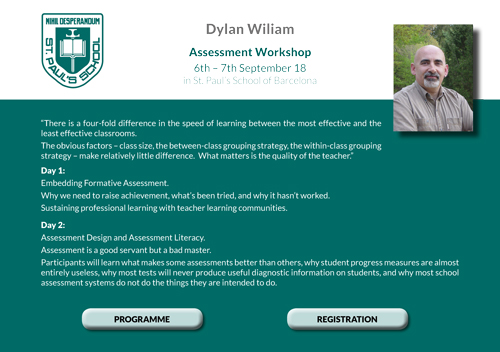
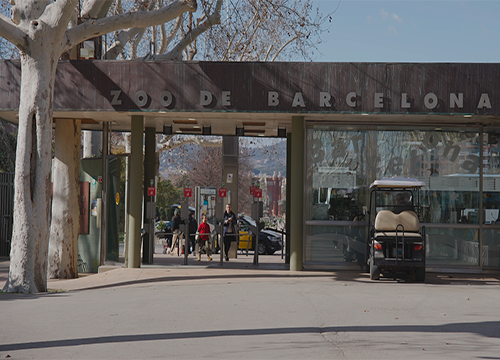
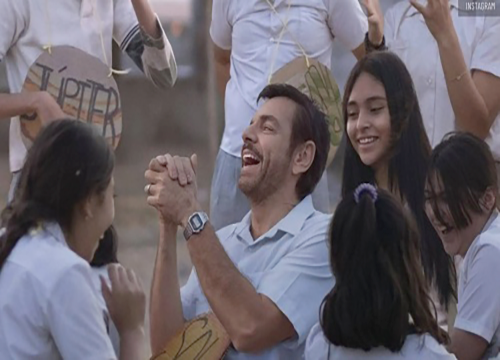
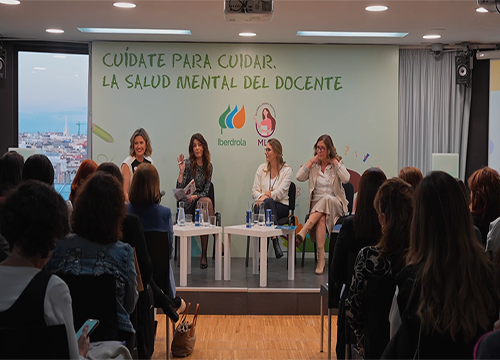
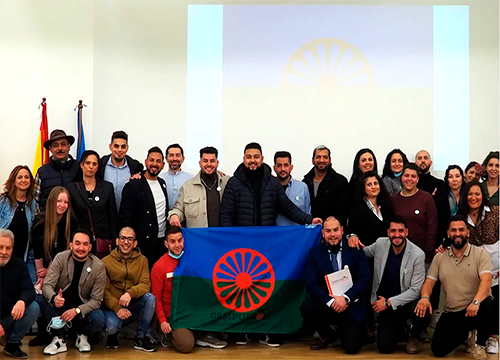
Sin Comentarios